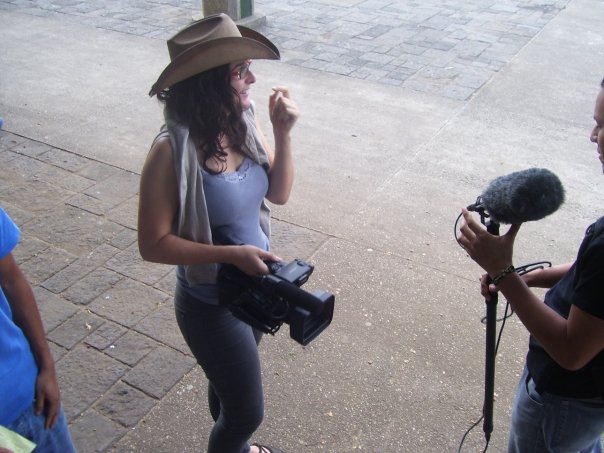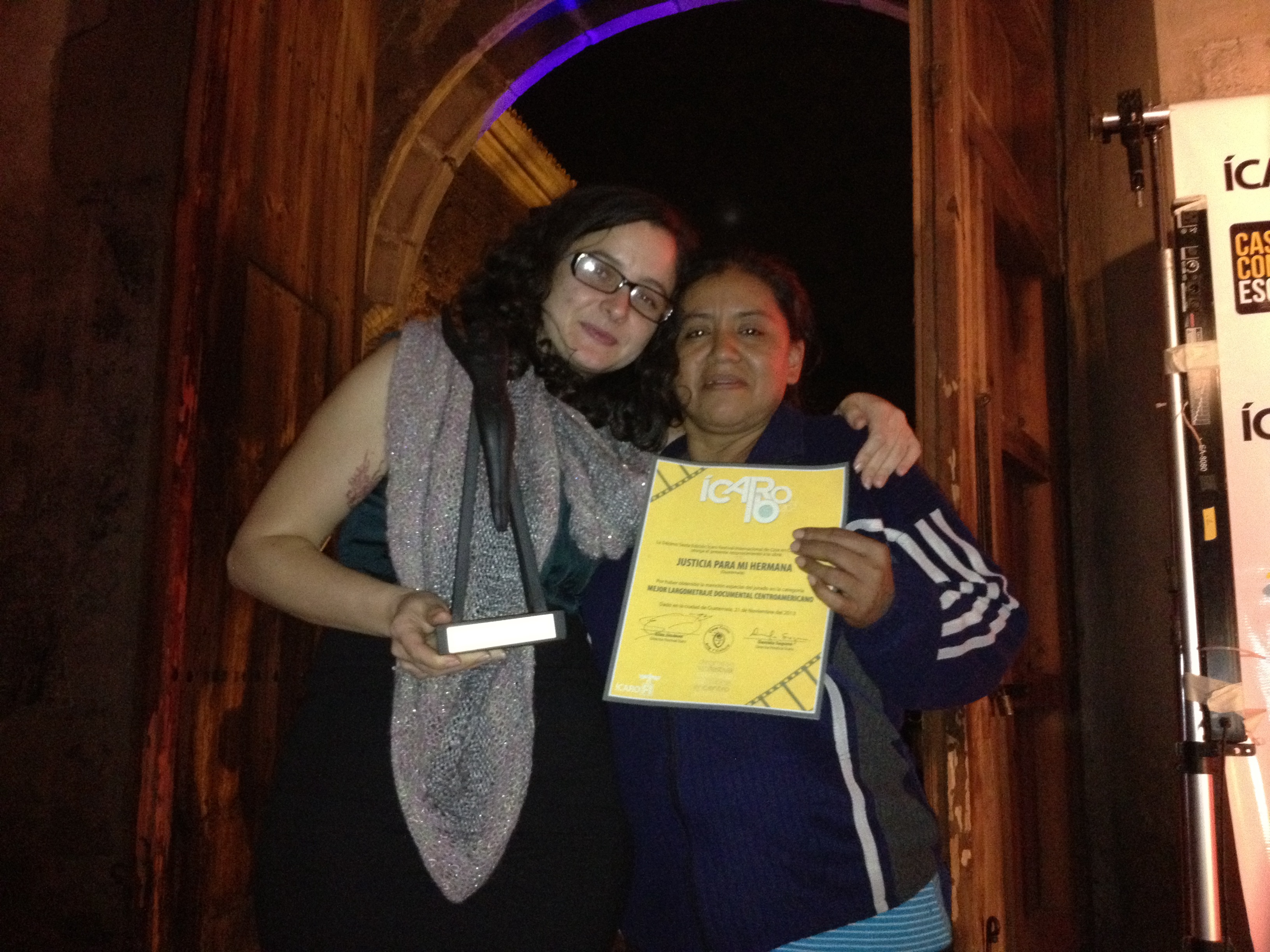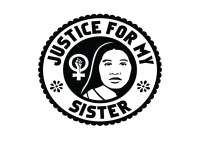Justice for My Sister follows one Guatemalan woman during her three-year battle to hold her sister's killer accountable. She encounters many obstacles: a police record that is missing, a judge who is accused of killing his own wife, and witnesses who are too afraid to testify. In the end, Rebeca emerges as a leader in her community with a message for others: justice is possible.
An award-winning documentary, we've received the HBO-NALIP Documentary Filmmaker Award, Best Documentary at the Los Angeles Latino Independent Film Festival, and the Camera Justita Award at Movies That Matter Festival in The Netherlands. To see more about our awards, click here.




A Letter From the Filmmaker
At its core, JUSTICE FOR MY SISTER is a David versus Goliath story. One woman takes on a giant system with all the odds stacked against her – and her resilience and power is unstoppable. Rebeca became a larger than figure in her community, and a reference for other women. The film has given a platform for Rebeca to share her story, and that in and of itself initiates a process of breaking the silence, leaving all internalized victim-blaming and guilt aside for viewers who have also experienced gender-based violence. Rebeca breaks the silence, and encourages others to do so as well.
The film shows that one individual can channel pain from a traumatic loss and use it as fuel for personal growth and communal healing. By the same token, the film’s extensive coverage of Rebeca and her family illustrates the long-term emotional toll that a violent crime of this nature has on them and on the entire community.
I have witnessed the inspiration generated in audiences upon viewing Rebeca’s unwavering determination to bring justice to light. Upon watching the film, I encourage you to question how you personally can contribute to diminish violence against women. What ways can your own personal beliefs about gender power dynamics shift in order to contribute to a culture that prohibits victim-blaming?
In sharing my story of the sexual abuse that I suffered during production of the film, several audience members have shared their stories of survival with me. When we share our stories, we set shame to the side, and truly embrace the fact that the abuse we experience was not our fault, but that of those who caused harm to us (our aggressors). Rebeca’s courage to speak out has encouraged me to speak out as well, and as we challenge the stigma that marks gender-based violence, we create a culture where others can as well. Please like us on Facebook, spread the word to your contacts, and host a screening in your community. The more people that see the film, the more impact it will have.
Viva la Mujer!
Kimberly Bautista
